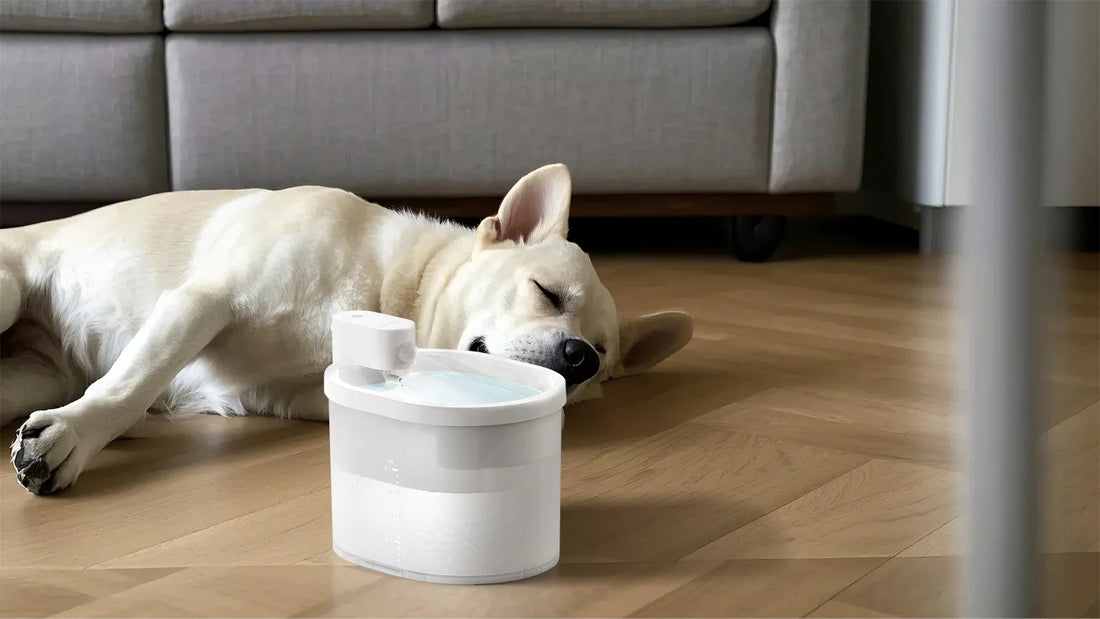Feeding your dog is one of the most important aspects of pet care, but have you ever wondered what time you should stop feeding your dog? The answer isn't as straightforward as you might think. It depends on various factors, including your dog's age, breed, activity level, and overall health. In this article, we'll explore the best practices for feeding your dog and why timing matters.
Understanding Your Dog's Digestive System
Dogs have a different digestive system compared to humans. While humans can eat at any time of the day, dogs have a more structured digestive process. On average, it takes a dog about 8 to 10 hours to fully digest a meal. This means that if you feed your dog too late at night, they may still be digesting their food when it's time to sleep, which can lead to discomfort or even health issues.
The Importance of a Consistent Feeding Schedule
Consistency is key when it comes to feeding your dog. Dogs thrive on routine, and having a consistent feeding schedule helps regulate their digestive system. Most veterinarians recommend feeding adult dogs twice a day—once in the morning and once in the evening. Puppies, on the other hand, may require more frequent meals due to their higher energy needs.
When to Stop Feeding Your Dog at Night
So, what time should you stop feeding your dog at night? The general rule of thumb is to feed your dog at least two to three hours before bedtime. This allows enough time for digestion and reduces the risk of nighttime accidents or discomfort. For example, if your dog goes to bed at 10 PM, aim to feed them by 7 PM. This timing also helps prevent issues like bloating, which can be dangerous for certain breeds.
Signs Your Dog Is Being Fed Too Late
If you're feeding your dog too late at night, you may notice some signs of discomfort. These can include restlessness, excessive panting, or even vomiting. Additionally, feeding your dog too close to bedtime can lead to weight gain, as their metabolism slows down during sleep. If you notice any of these signs, it may be time to adjust your dog's feeding schedule.
Special Considerations for Puppies and Senior Dogs
Puppies and senior dogs have different nutritional needs compared to adult dogs. Puppies require more frequent meals to support their growth and development, while senior dogs may need smaller, more easily digestible meals. If you have a puppy, you may need to feed them three to four times a day, with the last meal being no later than 7 PM. For senior dogs, consult your veterinarian to determine the best feeding schedule based on their health condition.
How to Transition to a New Feeding Schedule
If you decide to change your dog's feeding schedule, it's important to do so gradually. Sudden changes can upset your dog's stomach and lead to digestive issues. Start by adjusting the feeding time by 15 to 30 minutes each day until you reach the desired schedule. Monitor your dog's behavior and appetite during this transition to ensure they're adapting well.
The Role of Exercise in Digestion
Exercise plays a crucial role in your dog's digestion. Regular physical activity helps stimulate the digestive system and can prevent issues like constipation or bloating. However, it's important to avoid vigorous exercise immediately after meals, as this can lead to discomfort or even a condition called gastric torsion. Aim to take your dog for a walk or light play session at least an hour after their last meal.
Common Mistakes to Avoid
When it comes to feeding your dog, there are several common mistakes that pet owners make. These include overfeeding, feeding table scraps, and not providing enough water. Overfeeding can lead to obesity and other health issues, while table scraps can upset your dog's stomach. Always ensure your dog has access to fresh water, especially after meals, to aid in digestion.
Consulting Your Veterinarian
Every dog is unique, and what works for one dog may not work for another. If you're unsure about the best feeding schedule for your dog, consult your veterinarian. They can provide personalized recommendations based on your dog's age, breed, and health condition. Regular check-ups are also important to monitor your dog's weight and overall health.
Feeding your dog at the right time is crucial for their health and well-being. By understanding your dog's digestive system and following a consistent feeding schedule, you can ensure they stay happy and healthy. Remember, the key is to feed your dog at least two to three hours before bedtime to allow for proper digestion. If you're ever in doubt, don't hesitate to seek advice from your veterinarian. Your furry friend will thank you for it!













